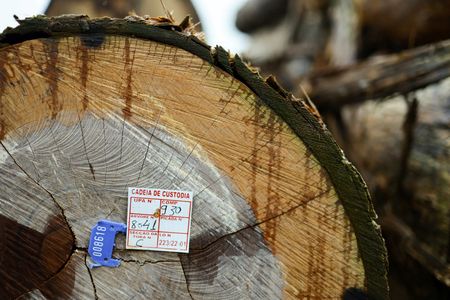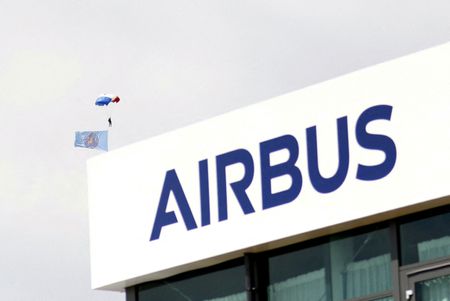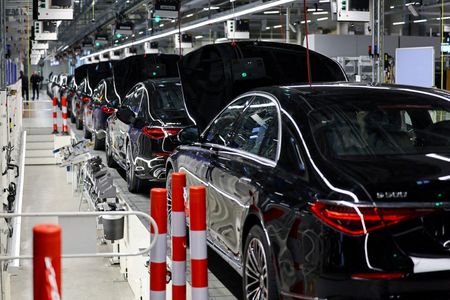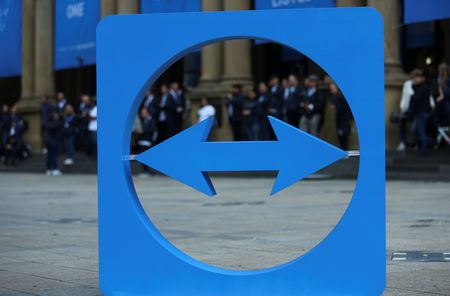By Philip Blenkinsop
BRUSSELS (Reuters) -The European Commission proposed a further softening of the EU anti-deforestation law on Tuesday, relieving the reporting burden for many smallholders and businesses but stepping back from delaying the world-first green policy by another year.
The law to ban the import of commodities such as palm oil and cocoa linked to forest destruction was due to take effect from the end of 2024. But it was delayed by a year last December, with a further 12-month postponement announced in September.
The EU executive, however, said on Tuesday the law should now go into effect on December 30, 2025, though with a reduced reporting burden for small operators and larger businesses being given six months before full checks and enforcement.
INDUSTRY, GOVERNMENT PUSHBACK AGAINST EU’S GREEN AGENDA
The ban on imports of commodities linked to forest destruction was a key part of the EU’s green agenda, which is now facing pushback from industries and some governments that say the measures to fight climate change are too burdensome.
Trade partners such as Brazil, Indonesia and the United States have also argued the rules would be costly and hurt their exports to Europe.
Under the law, sellers of beef, cocoa, coffee, palm oil, soy and wood into the EU market will need to provide a due diligence statement proving their products do not cause deforestation.
Under two changes proposed by the EU executive on Tuesday, smallholders in low-risk countries, which include the United States, Canada, India, China and Australia, would only have to produce a one-time declaration to register as an operator.
The tweak does not apply to so-called “standard risk” countries such as Brazil, Indonesia and Malaysia.
Secondly, EU companies that, for example, buy cocoa from an importer and make chocolate from it would only have to pass on the statement from the importer rather than produce their own.
Checks and enforcement for larger companies would apply from June 30, 2026. Smaller companies, with no more than 50 employees, would only need to make declarations from December 30, 2026.
The proposal must still be approved by EU governments and the European Parliament, which could result in further modifications.
In the past year, the bloc has loosened automakers’ CO2 emissions targets and rules on corporate sustainability reporting and supply chain transparency with a series of “simplification” drives.
(Reporting by Philip Blenkinsop; Editing by Joe Bavier)









